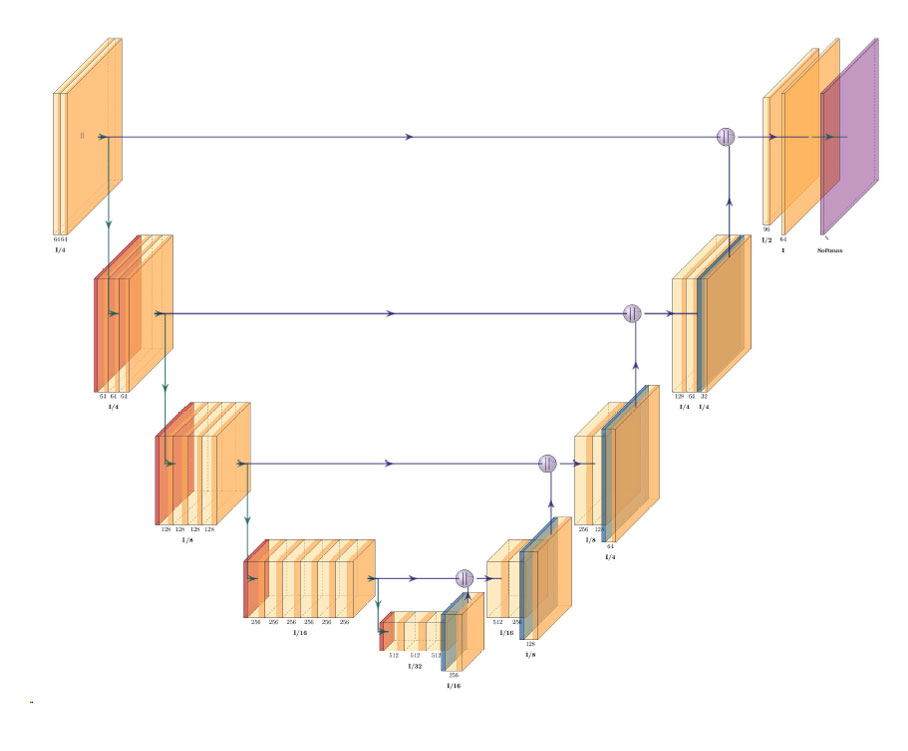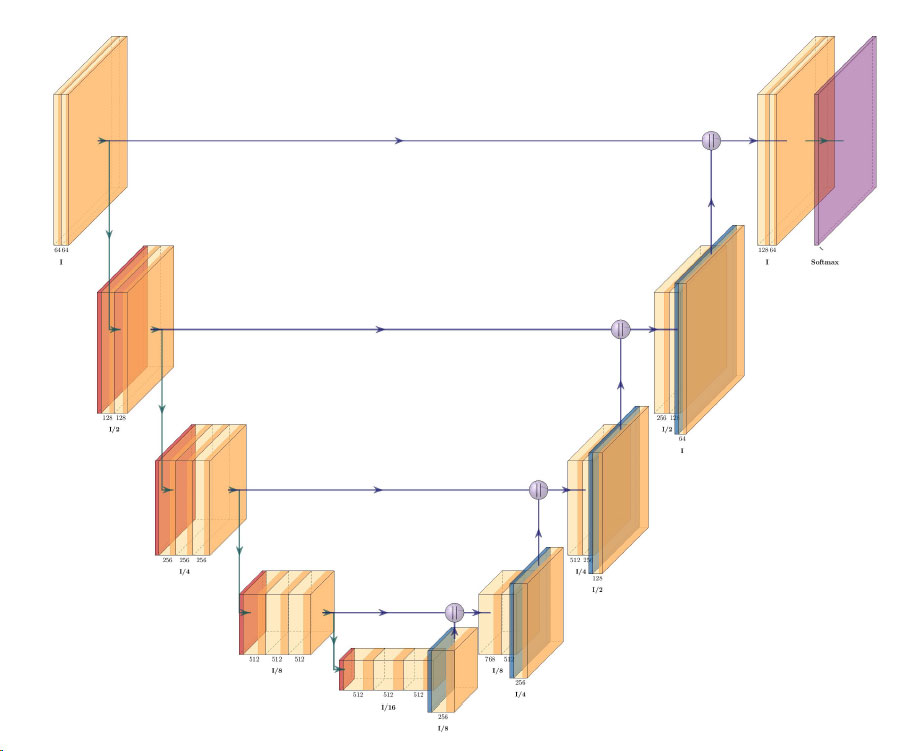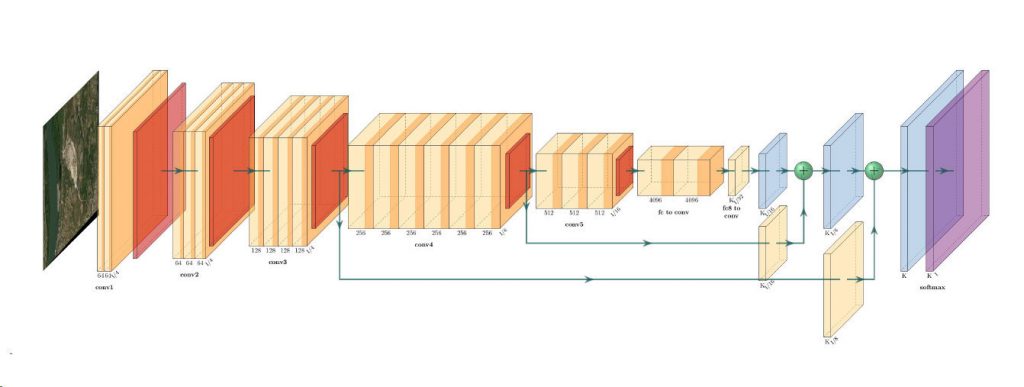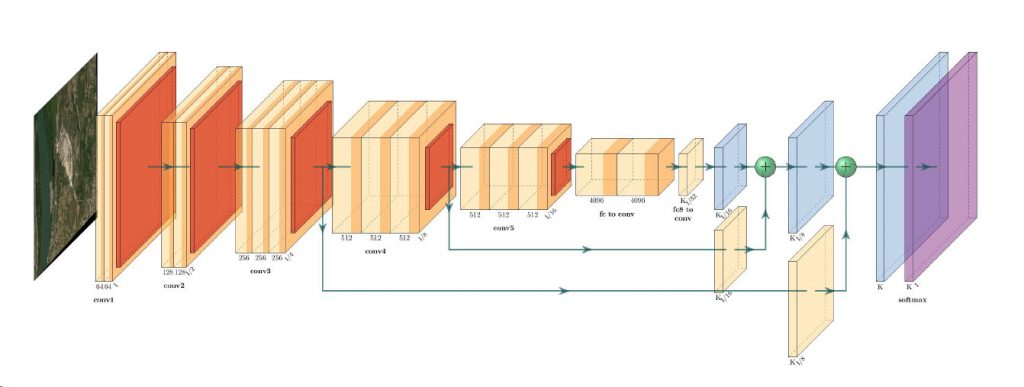Satellite Mapping Enables UNHCR to Help Sudanese Refugees
- European Space Imaging
The ongoing civil conflict in Sudan has left the country home to one of the world’s most serious refugee problems with more than 2.5 million people internally displaced and over 600,000 refugees outside the country. The United Nations High Commissioner of Refugees (UNHCR), the UN’s refugee relief agency, is chartered with monitoring and assisting these vulnerable populations.
Assisting Displaced Sudanese Refugees
The UNHCR emerged at the end of World War II to assist Europeans displaced by the conflict. Today, the UNHCR assists refugee populations in 126 countries, including Sudan, a country riddled by civil war over the past four years. Sudan has more than three million displaced people and many face acute poverty and lack of access to health care, education and employment opportunities.

Mapping Vital to Refugee Relief
Mapping is vital to UNHCR’s operations around the world. The agency uses every technology available to ensure its data is accurate and current, including GIS software, databases and satellite imagery. These solutions allow the UNHCR to track the everchanging locations of forcibly displaced populations, the layout and infrastructure of refugee camps, and the environmental impact that camps have on surrounding areas.
The Tongo refugee camp is one of the largest in Ethiopia, located near the South Sudanese border. Following a surge of fighting in 2011, the camp saw a dramatic increase in its refugee population. To monitor the situation, UNHCR activated Copernicus SAFER emergency mapping service and within its scope turned to Gisat, a service provider and WorldView Global Alliance reseller.
“Satellite imagery is the ideal technology to follow the constantly changing conditions that characterize many refugee camps,” says Jan Kolomaznik, the head of the emergency mapping team at Gisat. “When the NHCR asked us to provide a system to monitor the Tongo refugee camp, QuickBird was the right choice.”
Timely, Accurate Information Critical
The UNHCR had a number of goals to achieve with mapping the Tongo camp, including the monitoring of refugee influx, camp planning, and food distribution logistics. Timely, highly-accurate and detailed data are crucial to UNHCR’s efforts.
“We had to map every single tent and building in the camp,” Kolomaznik says. “As well as classifying detailed land use, including settlements, cultivated fields and extraction of topographic features such as roads and waterways.”
QuickBird Imagery Vital to Project
To create the framework for ongoing monitoring of the Tongo camp, QuickBird was chosen for its ability to rapidly deliver cost-effective, high-resolution imagery that accurately classifies land use, agriculture, waterways, and the detailed infrastructure critical to UNHCR.
A Model for Future Projects
Using DigitalGlobe imagery, UNHCR was able to mitigate the situation at the Tongo camp, managing the influx of refugees, improving food distribution logistics, and implementing infrastructure changes that help improve the quality of life for camp residents.
"In this case, DigitalGlobe satellite imagery is having a direct impact on human lives. QuickBird is allowing us to provide UNHCR with the monitoring capabilities it needs to deliver services in a timely and cost-effective manner and accomplish their mission of saving lives."
JAN KOLOMAZNIK, Head of the Emergency Mapping Team, Gisat
Challenge
Develop a mapping solution that allows the UNHCR to track conditions at the Tongo refugee camp on the border of Ethiopia and South Sudan to more effectively deliver aid and services.
Solution
Gisat deployed QuickBird high-resolution satellite imagery and GIS software/databases to create mapping outputs that the UNHCR and its partners can use to make better decisions regarding aid.
Results
In a rapid, cost-effective manner, Gisat provided the UNHCR the data it needed to better monitor the influx of refugees, improve food distribution, and make infrastructure changes to the Tongo camp.
ABOUT GISAT
Established in 1990, Czech Republic based Gisat has been a WorldView Global Alliance authorized reseller for three years. The company is dedicated to providing its customers with a wide range of value-added, high-quality and affordable geoinformation services.
Related Stories

Europe’s Green and Digital Transformations with 25 Years of VHR Satellite Archive Data
Planning Europe’s future without knowing its past is impossible. The European Green Deal, Horizon Europe, the EU Biodiversity Strategy for 2030 and other policies all demand one thing: evidence. Not just today’s data, but years of history that show how our cities, forests, and coastlines have changed.

AI Uses 15 cm Satellite Images to Cut Costs and Increase Scalability in Forest Management and Urban Forestry
Forest managers across Europe face an impossible task: monitor millions of hectares with shrinking budgets while meeting increasingly strict EU environmental targets. But with the rise of AI and satellite technology, they now have new solutions at their disposal – smarter, cheaper, and more scalable – to monitor forest health, automate tree inventories, and plan sustainable logging. In this article, we introduce one of these solutions: an AI forestry algorithm developed by Arboair using 15 cm satellite data from EUSI.

GEOSeries: Extracting Insights From High Resolution SAR Imagery for Time-Sensitive Analysis
In this webinar, industry experts and advanced users of Umbra SAR data showcase how they transform SAR imagery into actionable insights in real-world mapping, monitoring and intelligence applications. See how NV5 and Umbra leverage ENVI SAR Essentials for advanced processing with time-efficient results, converting analytics into valuable intelligence.
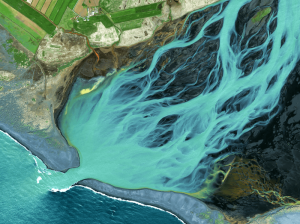
Using Satellite Imagery to Build Water Resilience Across Europe
Water across Europe is facing severe pressure. Climate change, urbanisation, agricultural demands and other sources of pollution are threatening water security and creating critical challenges that need to be addressed. We have to act quickly, build stronger systems and create sustainable water resilience practices – so that both natural ecosystems and human communities can thrive. Here is how satellite imagery from EUSI can help.


